Guido Cossu
Machine learning determination of dynamical parameters: The Ising model case
Oct 26, 2018
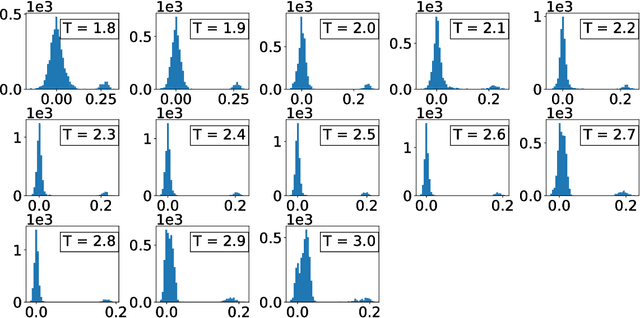
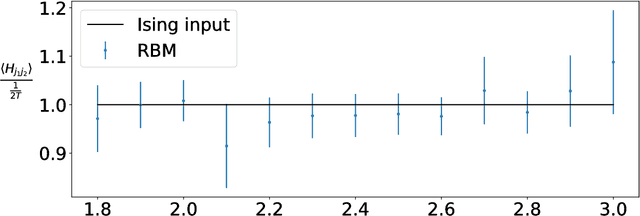

Abstract:We train a set of Restricted Boltzmann Machines (RBMs) on one- and two-dimensional Ising spin configurations at various values of temperature, generated using Monte Carlo simulations. We validate the training procedure by monitoring several estimators, including measurements of the log-likelihood, with the corresponding partition functions estimated using annealed importance sampling. The effects of various choices of hyper-parameters on training the RBM are discussed in detail, with a generic prescription provided. Finally, we present a closed form expression for extracting the values of couplings, for every $n$-point interaction between the visible nodes of an RBM, in a binary system such as the Ising model. We aim at using this study as the foundation for further investigations of less well-known systems.
* 31 pages
Accelerating HPC codes on Intel Omni-Path Architecture networks: From particle physics to Machine Learning
Nov 13, 2017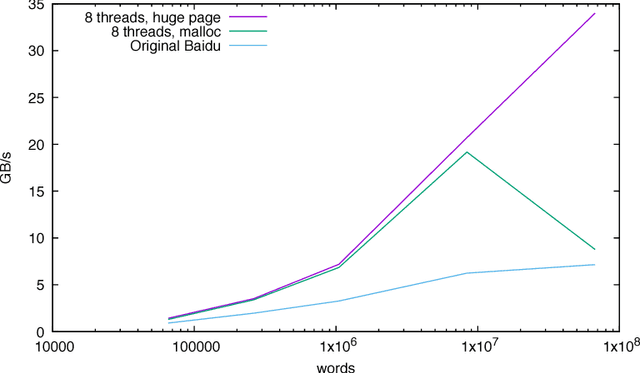
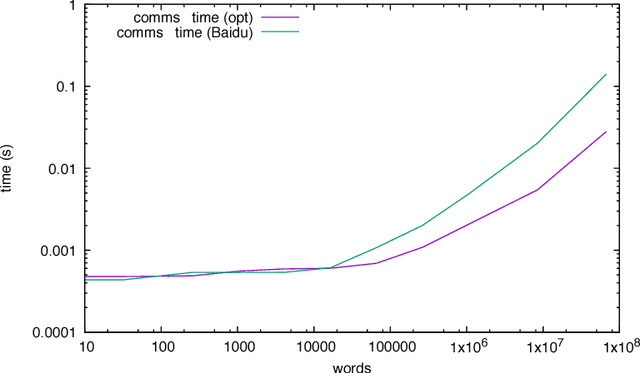
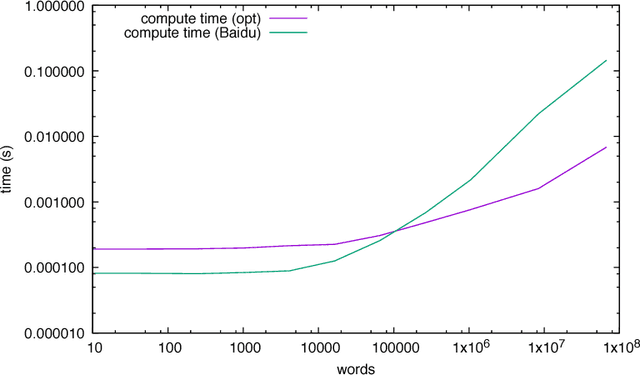
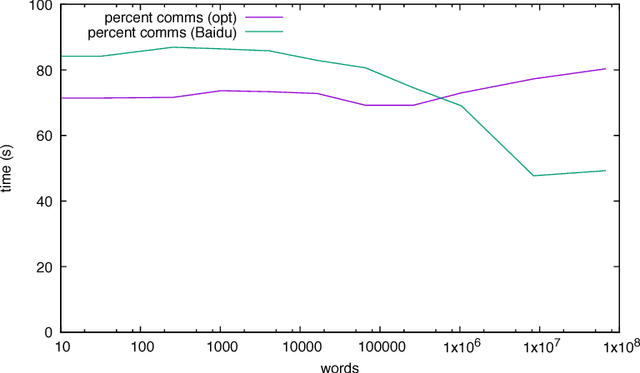
Abstract:We discuss practical methods to ensure near wirespeed performance from clusters with either one or two Intel(R) Omni-Path host fabric interfaces (HFI) per node, and Intel(R) Xeon Phi(TM) 72xx (Knight's Landing) processors, and using the Linux operating system. The study evaluates the performance improvements achievable and the required programming approaches in two distinct example problems: firstly in Cartesian communicator halo exchange problems, appropriate for structured grid PDE solvers that arise in quantum chromodynamics simulations of particle physics, and secondly in gradient reduction appropriate to synchronous stochastic gradient descent for machine learning. As an example, we accelerate a published Baidu Research reduction code and obtain a factor of ten speedup over the original code using the techniques discussed in this paper. This displays how a factor of ten speedup in strongly scaled distributed machine learning could be achieved when synchronous stochastic gradient descent is massively parallelised with a fixed mini-batch size. We find a significant improvement in performance robustness when memory is obtained using carefully allocated 2MB "huge" virtual memory pages, implying that either non-standard allocation routines should be used for communication buffers. These can be accessed via a LD\_PRELOAD override in the manner suggested by libhugetlbfs. We make use of a the Intel(R) MPI 2019 library "Technology Preview" and underlying software to enable thread concurrency throughout the communication software stake via multiple PSM2 endpoints per process and use of multiple independent MPI communicators. When using a single MPI process per node, we find that this greatly accelerates delivered bandwidth in many core Intel(R) Xeon Phi processors.
 Add to Chrome
Add to Chrome Add to Firefox
Add to Firefox Add to Edge
Add to Edge